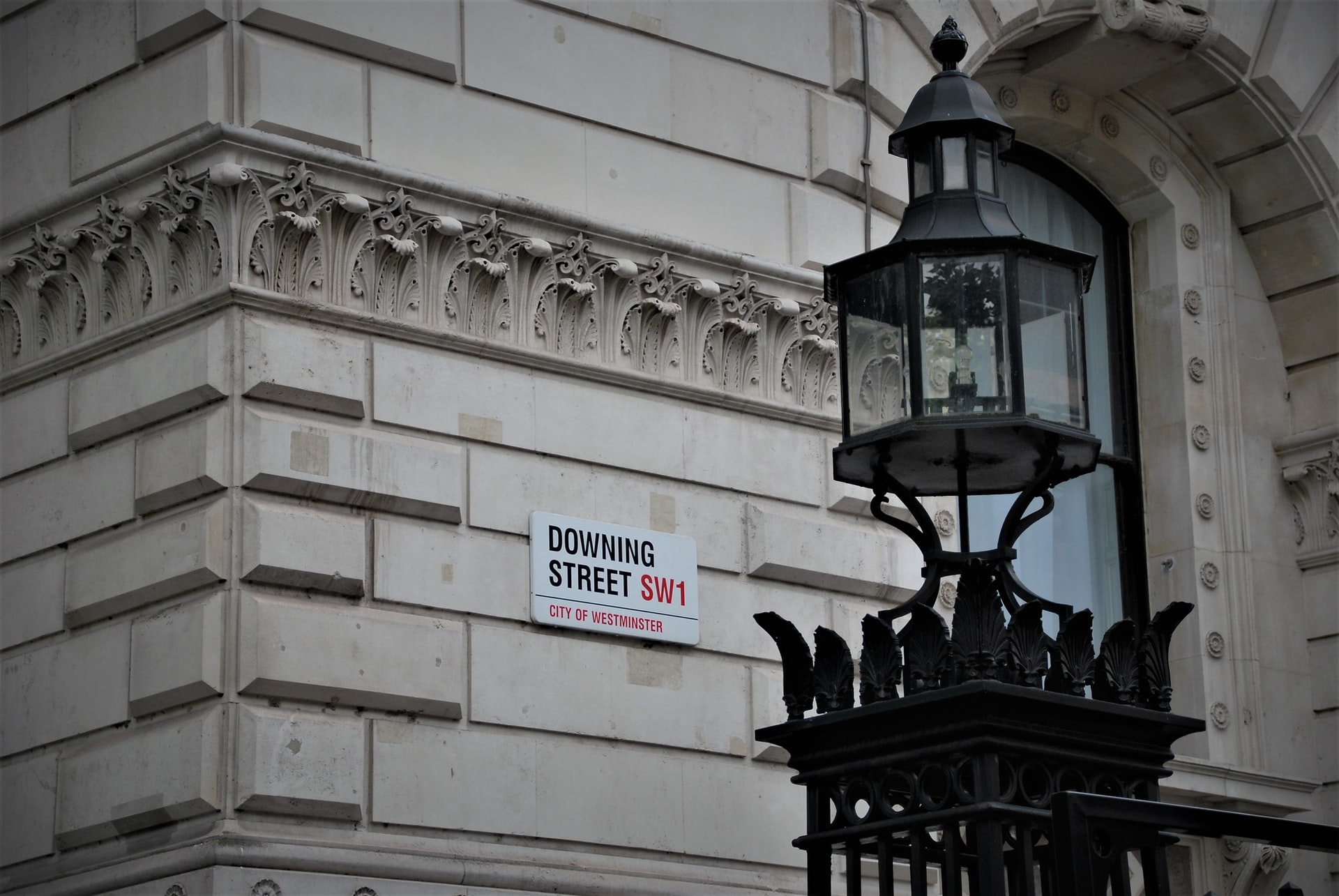After weeks of campaigning we finally know who the new Prime Minister will be. Former Foreign Secretary Liz Truss has come out on top in the vote and will tomorrow take over from her former boss, Boris Johnson.
Many promises were made by all candidates during the leadership campaign, but what does this new PM mean for business?
Alan Price, CEO at BrightHR looks at what we can expect.
The last few months have been a time of uncertainty for many, with the cost-of-living crisis deepening by the day.
What has been a quiet period of legal change recently is about to become very loud as the new PM looks to deliver on her campaign promises.
Liz Truss has announced that the following changes to HR and employment law will be made
- Introducing a new law on minimum staffing levels during strikes within the first 30 days of becoming the Prime Minister – the threshold will be set individually for each industry, including for transport, education, healthcare, postal workers, and energy
- Removing the right to paid leave to carry out trade union activities
- Removing standalone diversity and inclusion roles in NHS
- Reversing the NI hike that was put in place to fund the NHS, therefore removing the requirement on employers/payroll teams to list this separately on payslips. Employers will need to adjust their payroll and payslips to reflect this.
- Reducing holiday leave for Civil Service staff from 27 days to 25 days.
“As with any changes to employment rights and law, this will mean new policies, changes to existing policies and training on new processes. It’s important for employers to take note of these changes and seek advice to ensure they are up to date on all the latest guidance.
“Employers will welcome some direction from Government now a new PM is in place. How long these changes take to come into force and what help businesses will get in terms of cost-of-living and energy bills, remains to be seen.”









